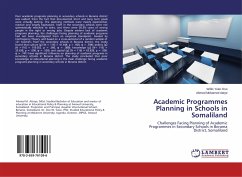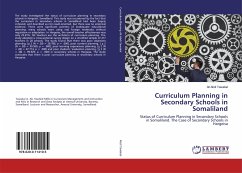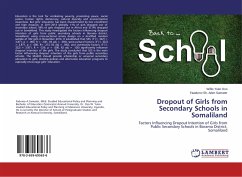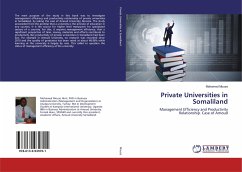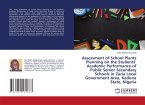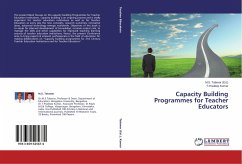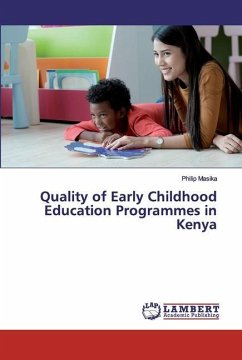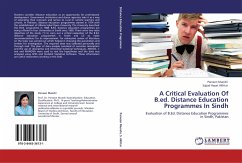Poor academic programs planning in secondary schools in Borama district was evident from the fact that documented short and long term goals were virtually lacking. The planning methods were mainly experiential, reactive and largely haphazard. Staff in the secondary schools were not systematically matched to tasks, and there were 58.3% cases of wrong people in the right or wrong jobs. Despite evident lack of academic programs planning, the challenges facing planning of academic programs had not been investigated from an empirical standpoint. Guided by Contingency Theory, and based on a cross-sectional of a random sample of 121 teachers from the secondary schools in Borama district, the study found that culture ( 2 [N = 116] = 41.448, p = .000, = .598); politics ( 2 [N =116] = 118.052, p = .000, = .088); knowledge ( 2 [N= 116] = 33.638, p = .000, = .538); and capital ( 2 [N = 116] = 63.828, p = .000, = .741) have significant influence on planning of academic programs in secondary schools in Borama district. The study concluded that poor knowledge of educational planning is the main challenge facing academic programs planning in secondary schools in Borama district.
Bitte wählen Sie Ihr Anliegen aus.
Rechnungen
Retourenschein anfordern
Bestellstatus
Storno

